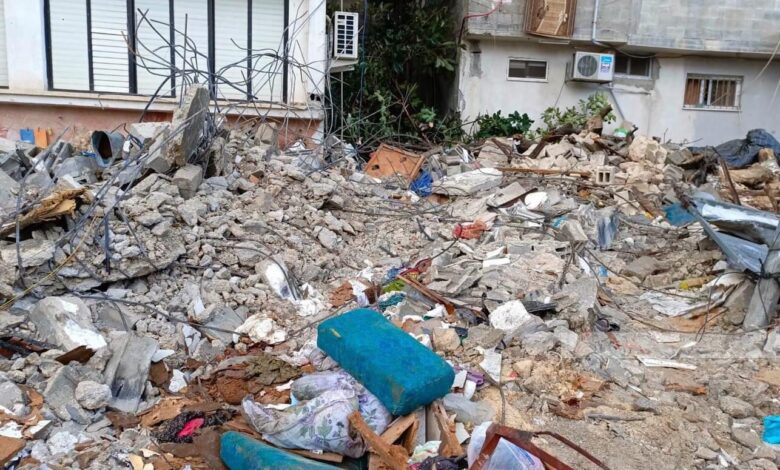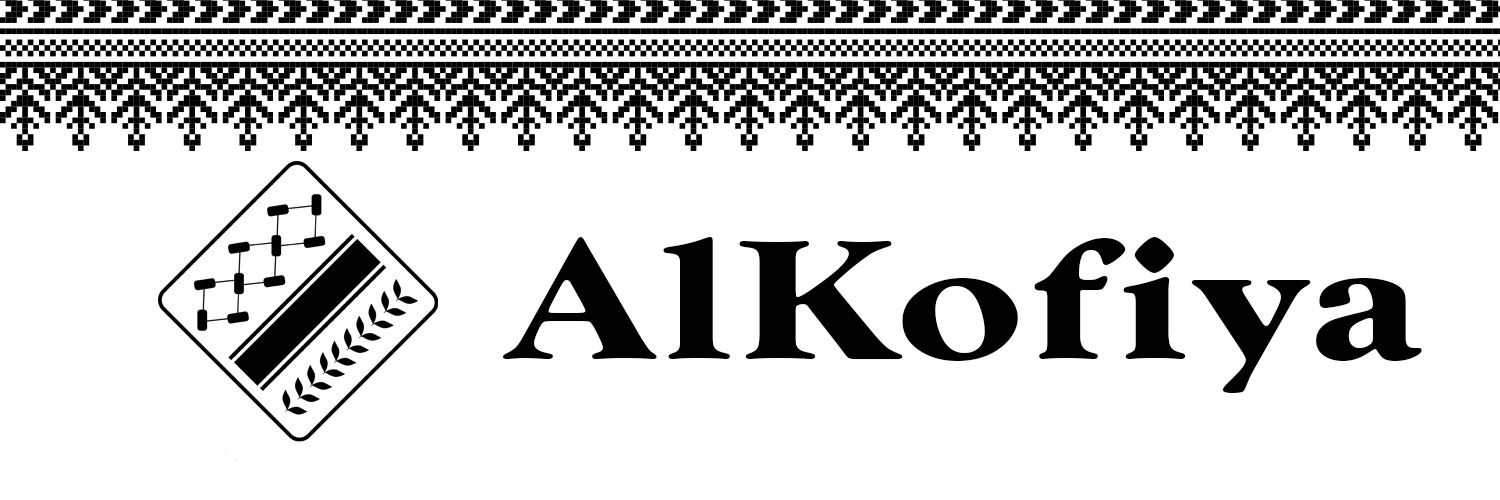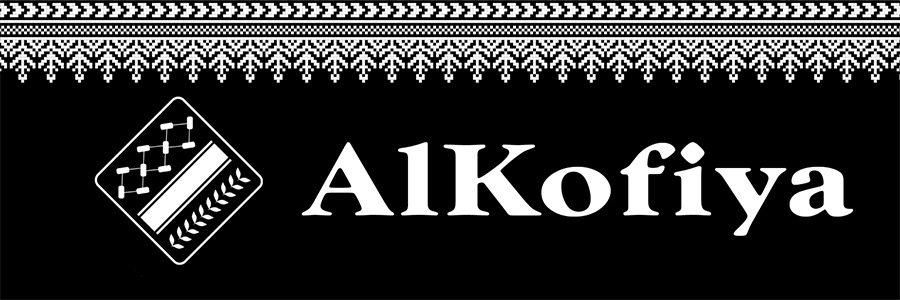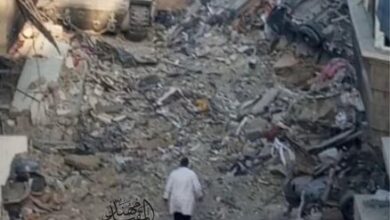
The Palestinian Central Bureau of Statistics (PCBS) has Sunday issued an updated press release on the impact of the Israeli occupation aggression on the agricultural sector in Gaza Strip.
The PCBS relied on the Agriculture Census 2021, which shows the cultivated agricultural areas and the composition of the agricultural sector in Gaza Strip, and matched it with the satellite imagery that demonstrate the 3rd agricultural damage assessment for Gaza Strip, which was conducted by UNOSAT, to updated the damages based on the effects highlighted by this map on the agricultural areas. The update shows the changes that were monitored via satellite in the agricultural areas in Gaza Strip as a result of the deterioration of the agricultural sector and the decline in the health and density of crops due to the ongoing Israeli aggression on Gaza Strip.
The health and density of the agricultural crops during the month of December 2023 has declined compared to the preceding six seasons spanning from 2017 to 2022. It should be noted that the analysis took into account the damage caused on active crop fields, fallow lands, and a multitude of household gardens, and did not include permanent croplands, forests, as well as protected crops and animal production. This decline is due to the impact of activities such as razing, heavy vehicle activity, bombing, shelling, and other conflict-related dynamics.
39% of the affected agricultural area is in North Gaza Governorate
Data indicate that 18% of the agricultural areas in Gaza Strip were damaged, and the direct and greatest damage was in North Gaza governorates, as the damage affected 39% of the agricultural areas in North Gaza Governorate and 27% in Gaza Governorate.
The agricultural census 2021 data indicated that 32% of the cultivated area in Gaza Strip is in Khan Yunis Governorate, and 29% in North Gaza Governorate.
Areas cultivated with vegetables are the most affected
Looking at the composition of the cultivated areas in Gaza Strip and matching them with the most affected areas according to the satellites imagery, indicators show that vegetables are the most crops susceptible to damage, as vegetables constitute 53% of the cultivated area in Gaza Strip. Thus, it can be considered that about 21% of cultivated area with vegetables have been exposed to damage, where it affected 19% of the cultivated area with tree horticulture and 18% of the cultivated areas with field crops.
Among the most susceptible vegetable crops to damage are strawberries and potatoes in North Gaza Governorate, where the cultivated areas with them constitute 44% of the cultivated area with vegetables in North Gaza Governorate, while tomatoes and potatoes were the most susceptible to damage in Khan Yunis Governorate, where the cultivated areas with them constitute 31% of the cultivated area with vegetables in Khan Yunis Governorate.
Wheat is the most susceptible field crops to damage
Based on linking the Agricultural Census 2021 data with the satellite imagery, the analysis indicates that for the type of field crops, wheat is suffering the most damage among field crops, as it exceeds 69% of the cultivated area with field crops in Khan Yunis, and 52% of the cultivated area with field crops in North Gaza Governorate.
Damages in Olive crops in Khan Yunis and North Gaza Governorates
The agricultural census 2021 data indicated that the most crop within tree horticulture, based on its contribution to the total cultivated areas with tree horticulture, is olive crop, where the areas cultivated with olive represent 68% of the cultivated area with tree horticulture in Khan Yunis Governorate and 47% of the cultivated area with tree horticulture in North Gaza Governorate.





